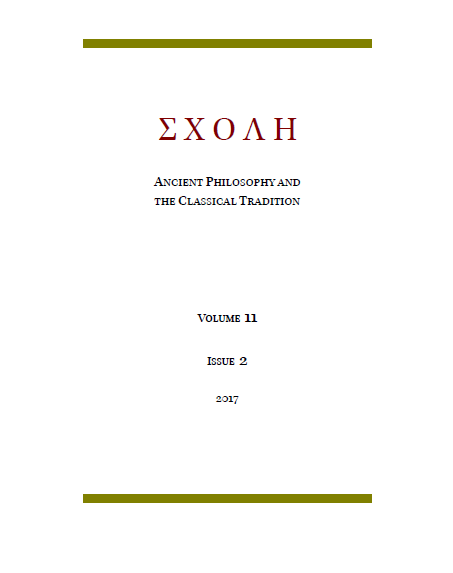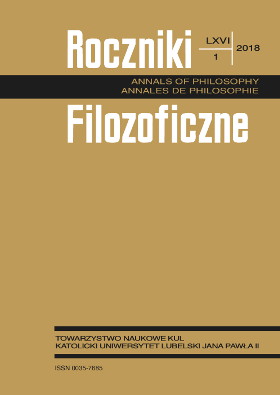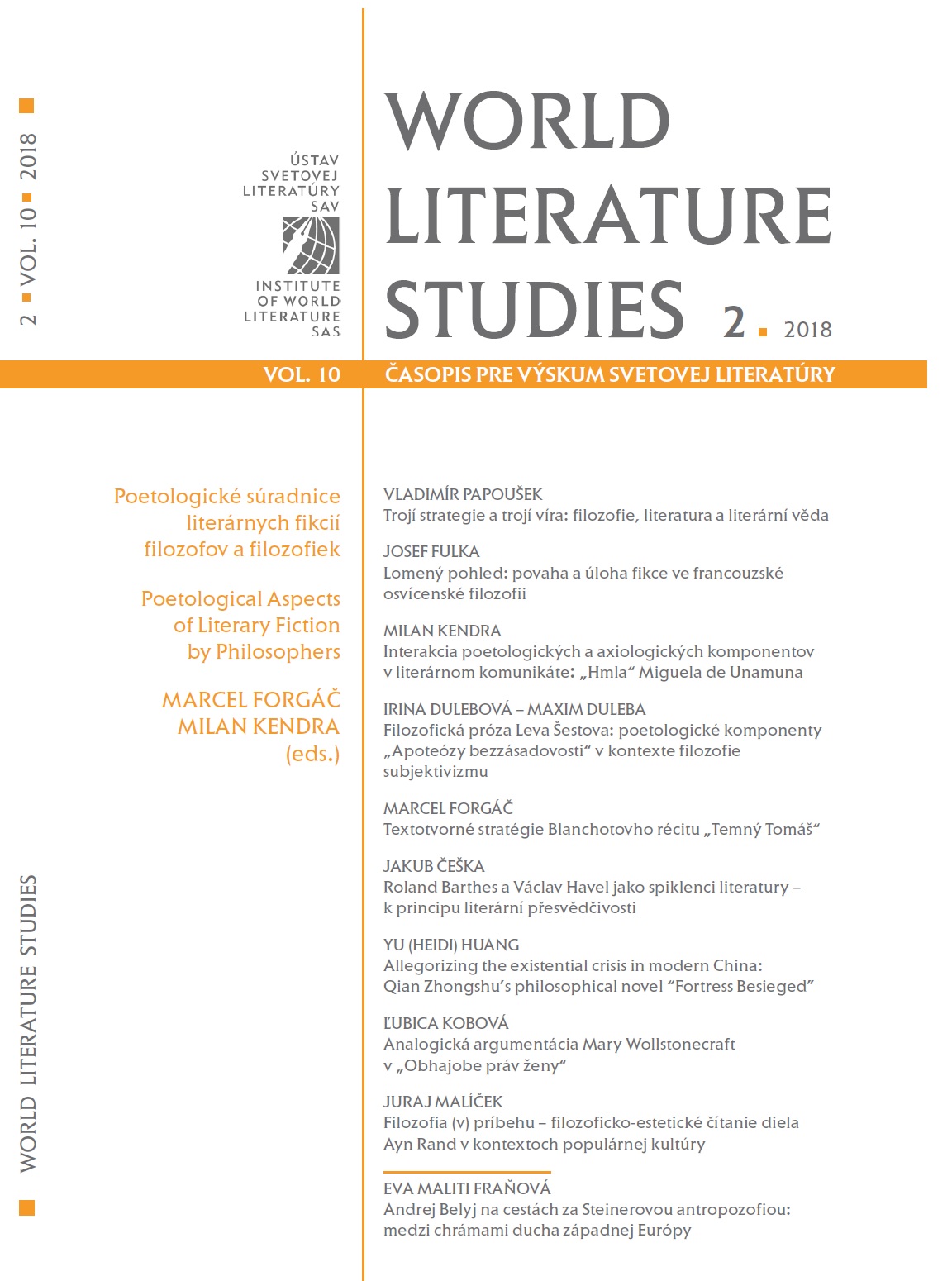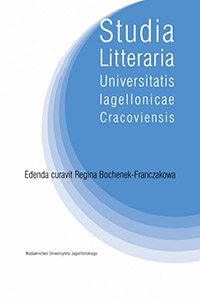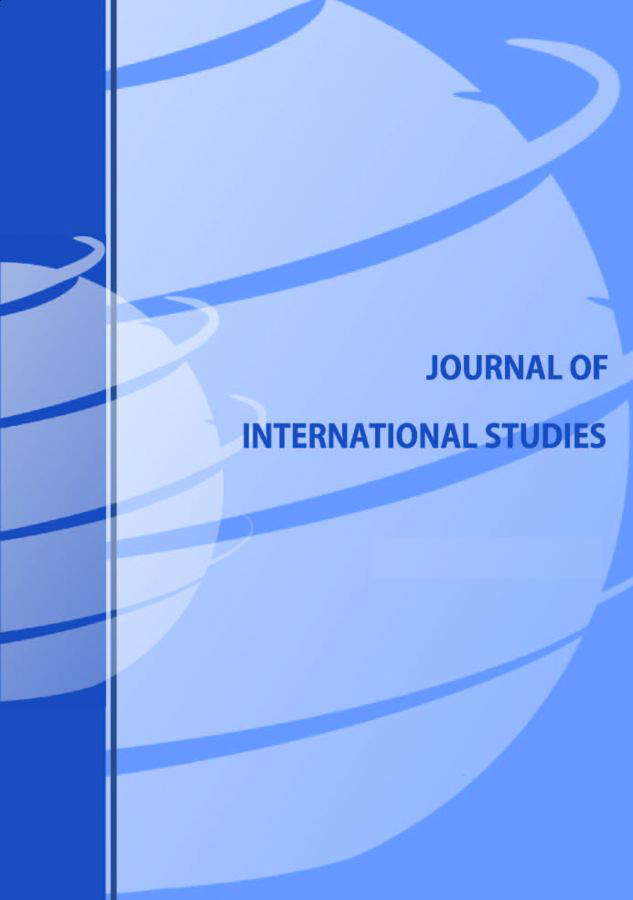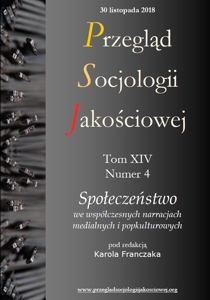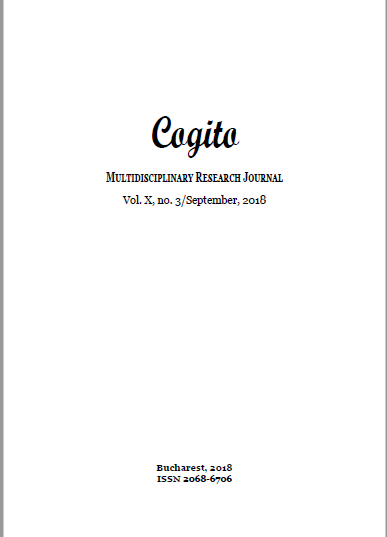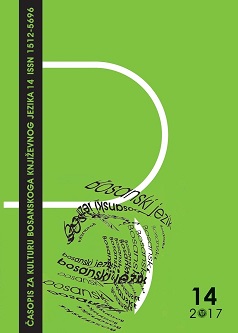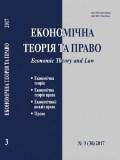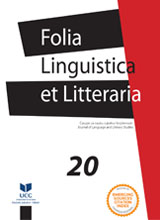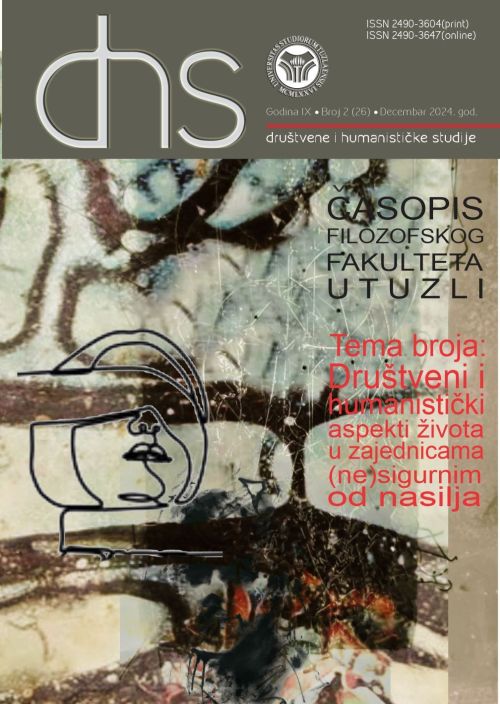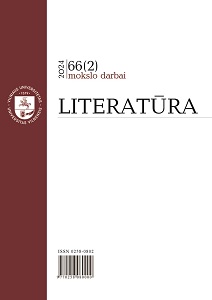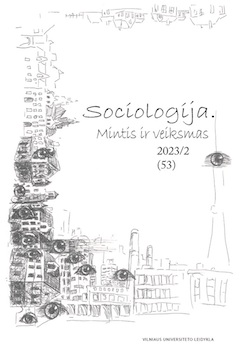Author(s): Natalia Kravchenko,Tetiana Pasternak,Tetiana Davydova / Language(s): English
Issue: 3/2020
The paper focuses on the current state of research in the field of eco-pragmatics as the interdisciplinary branch of ecolinguistics, which studies multifaceted pragmatic devices of eco-values‘ manifestation. Based on the epideictic discourse the study has reached two major groups of findings. First, eco-pragmatic devices are rested on two types of eco-centristic values. The first ones, represented by concepts of "solidarity" and "compassion", rely on the positive politeness strategies of showing concern, accepting conditions and desires of others as well as the maxims of generosity, modesty and approbation. The second type of values, embodied by the concepts of "non-imposition" and "deference", are manifested by the negative politeness strategies of keeping politically correct "face", creating positive and comforting atmosphere for interaction, showing respect to others‘ freedom of opinion as well as the maxim of tact and the conversational implicature to mitigate "dispreferred" information. Second, positive politeness pragmatics is based on linguistic markers of empathy, emotional involvement, in-group identity, ―encouraging‖ directives and other types of optimistically connoted speech acts. Negative politeness pragmatics relies on the means of mitigation, apologizing, passivation, nominalization, and other means of indirectness aimed at enhancing the audience‘s face at any cost even at the expense of the speaker‘s own "face".
More...

